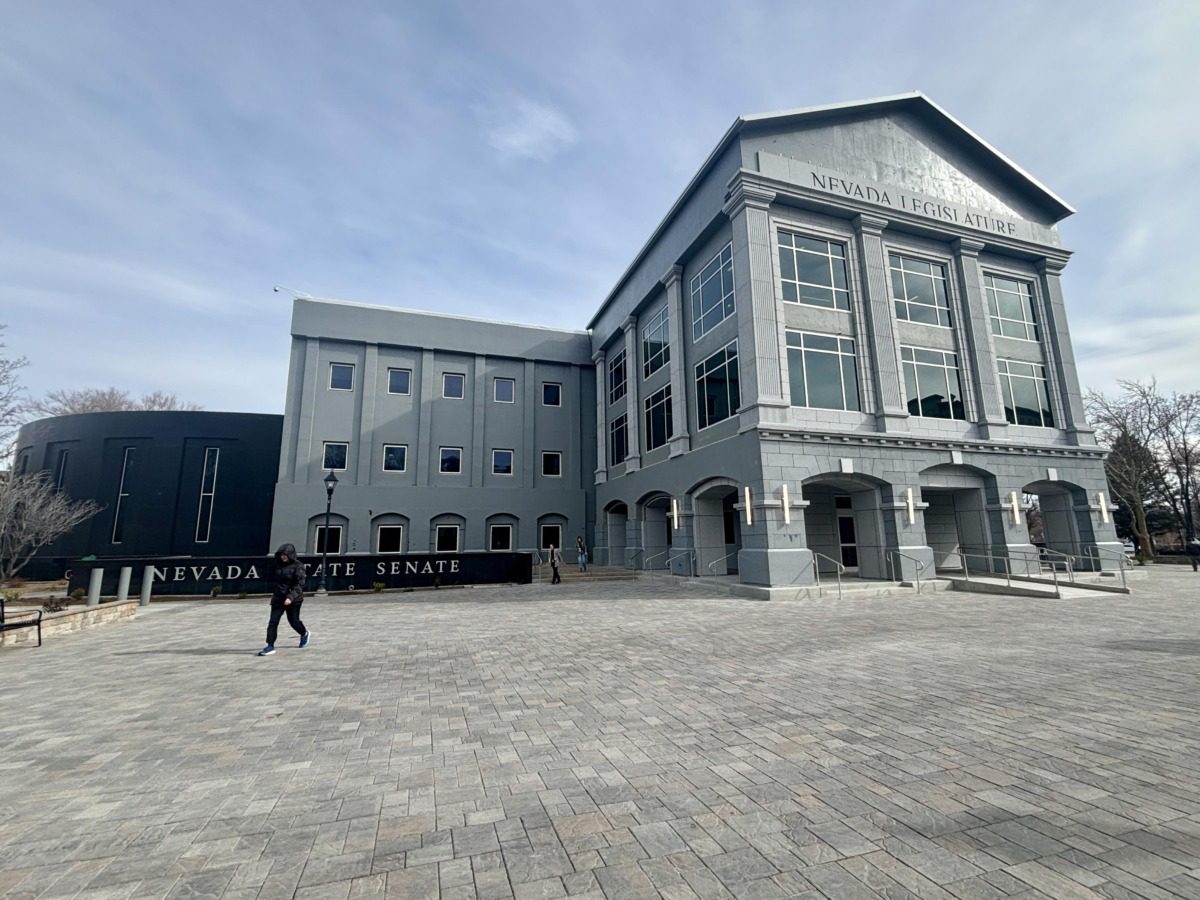
The Nevada State Legislative Building. Photo credit: Casey Harrison/The Nevadan.
While Democrats and progressives plan to pursue bills to bolster tenants’ rights and universal school meals, Republicans are prioritizing expanding charter school programs and easing licensing requirements for healthcare workers. Where can they work together?
CARSON CITY, Nev. — Dozens of bills vetoed in 2023 by Nevada Gov. Joe Lombardo could begin to be reconsidered as early as this week by state lawmakers, giving the Democratic-led legislature an opportunity to enact measures ranging from rental protections for seniors to reviving a pandemic-era program to provide free meals to schoolkids, and more.
Democrats have majorities in both the state Senate and the Assembly, but are one vote shy in each chamber of the two-thirds support needed to override Lombardo’s vetoes. Approximately 41 bills of the record 75 bills vetoed by Lombardo, a Republican, last year will be reconsidered.
Given the divided control of the legislature, it’s unlikely many of the bills will receive the support necessary to be enacted. But Tara Webster of the Progressive Leadership Alliance of Nevada told reporters on the opening day of the session it may be one of the only opportunities to enact protections for renters as several cities across the state have among the highest eviction rates nationally.
Should the vetoed bills stall again, lawmakers may also reintroduce them as new legislation through the traditional route.
“Last session, Gov. Lombardo vetoed basic improvements to enhance the lives of young Nevadans,” Webster said, alluding to bills vetoed that would have capped how much landlords could raise rent between lease renewals and directed landlords to disclose all fees associated with digital rent payments.
Despite Lombardo’s vetoes two years ago, the governor during his state of the state address last month urged lawmakers to find bipartisan solutions to tackle affordability in housing — giving some hope that Lombardo could change his tune if the bills make it to his desk again this year.
Progressive groups and Republican lawmakers at the start of the week also laid out a number of other legislative priorities they hope will eventually be signed into law.
Democrats and progressive allies for months have railed against Lombardo’s veto of a bill that seeks to make an appropriation to the Nevada Department of Agriculture to fund free breakfasts and lunches for K-12 students — which would have continued a pandemic-era federal program for universal school meals once federal aid dried up.
MORE: 4 takeaways from Gov. Lombardo’s State of the State
That bill, Assembly Bill 319, was vetoed by Lombardo on the grounds that “subsidizing those who can afford to provide their children,” with meals would dramatically increase food waste, according to a statement released by his office.
Democrats have vowed to reintroduce that bill should it stall again, but it’s not yet clear if Lombardo has changed his stance.
“We are hoping that [Lombardo] has learned a little bit from the previous session and is more willing to work with legislators and advocates to get things done and change material conditions for people in Nevada,” Amber Falgout, executive director of the progressive advocacy group Battle Born Progress, said shortly after the session kicked off.
Falgout also said that her organization has been working closely with Assemblymember Sandra Jauregui, D-Las Vegas, to lobby support for gun safety legislation that would restrict the possession of firearms within 100 feet of a polling place.
“Gov. Lombardo claims to care a lot about public safety and lowering crime rates,” Falgout said, acknowledging this session is the last before Lombardo pursues re-election in 2026. “So we hope that he will be willing to support measures that ensure Nevadans are safe from the gun violence epidemic.”
Republicans, meanwhile, said earlier this week they are looking for areas to collaborate with Democrats to expand healthcare access, improve teacher retention, diversify the state’s tourism- and gaming-based economy, and ease certain job licensing requirements.
“We need to take bold steps to lower costs, and make Nevada an affordable place to work, live, and raise a family,” Senate Minority Leader Robin Titus, R-Wellington, said. “[And also] safeguarding our legacy industries of mining, ranching, and agriculture … these industries are the backbone of our state’s economy and culture.”
Republicans also said they plan on pursuing an expansion to school voucher programs, enhanced criminal penalties for child sex trafficking, and changing the state’s mail-in voting rules.
Lombardo during the last session advocated expanding school voucher programs that use taxpayer dollars to subsidize tuition at charter schools as a means to revitalize the state’s education system — but was largely stifled by Democratic leaders who said public dollars should only go toward public schools.
Democrats also worry about using taxpayer dollars to fund charter schools with little or no oversight on how charter schools are administered, such as admission standards and enforcing anti-discrimination laws. Nevada routinely places near the bottom of public education rankings, and state Sen. Carrie Buck, R-Henderson, told reporters Monday it was time to “grow the charter movement.”
A different proposal from Sen. Lisa Krasner, R-Reno, Senate Bill 103, would revise current state law to require that all mail-in ballots be postmarked by the end of early voting and received by Election Day. Current law allows election officials to receive mail ballots within four days of an election as long as they are postmarked by Election Day.
Since 2020, Nevada has primarily utilized mail voting. It took several days before a number of races in the 2020 and 2022 elections could be called, which Titus said made Nevada the “laughing stock of the nation,” and invited conspiracy theories by Donald Trump and conservative allies that elections here were “rigged.”
But most races in 2024 were called either on Election Night or the morning after, including Trump’s win over Democratic presidential nominee Kamala Harris. Secretary of State Francisco Aguilar, a Democrat, said that was due to improved processing capabilities in major population hubs like Clark and Washoe counties, and that only a few hundred mail-in ballots were processed after Election Day.
Titus alluded to other states that have adopted a primarily vote-by-mail system and have much larger populations as potential models worth emulating.
“The counting process has to be fast,” Titus said. “How does Florida get it done and we can’t get it done?”
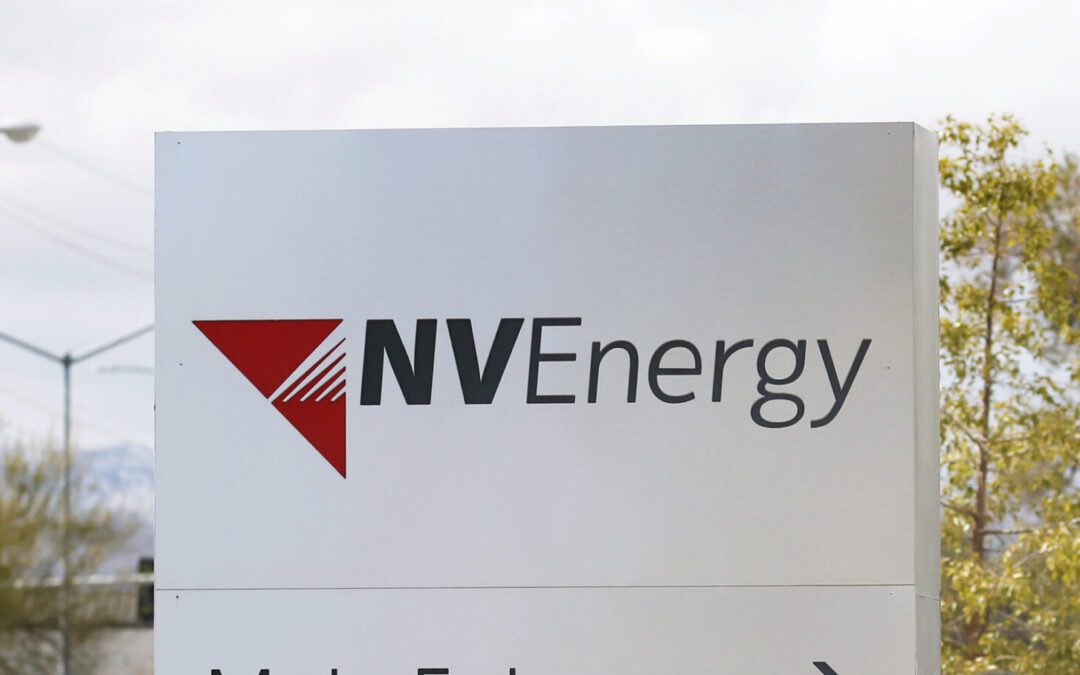
Bill seeks to ensure full refunds when utilities overcharge customers
By Jeniffer Solis, Nevada Current Lawmakers are looking to pass a law that would require utilities to fully refund energy customers who are...
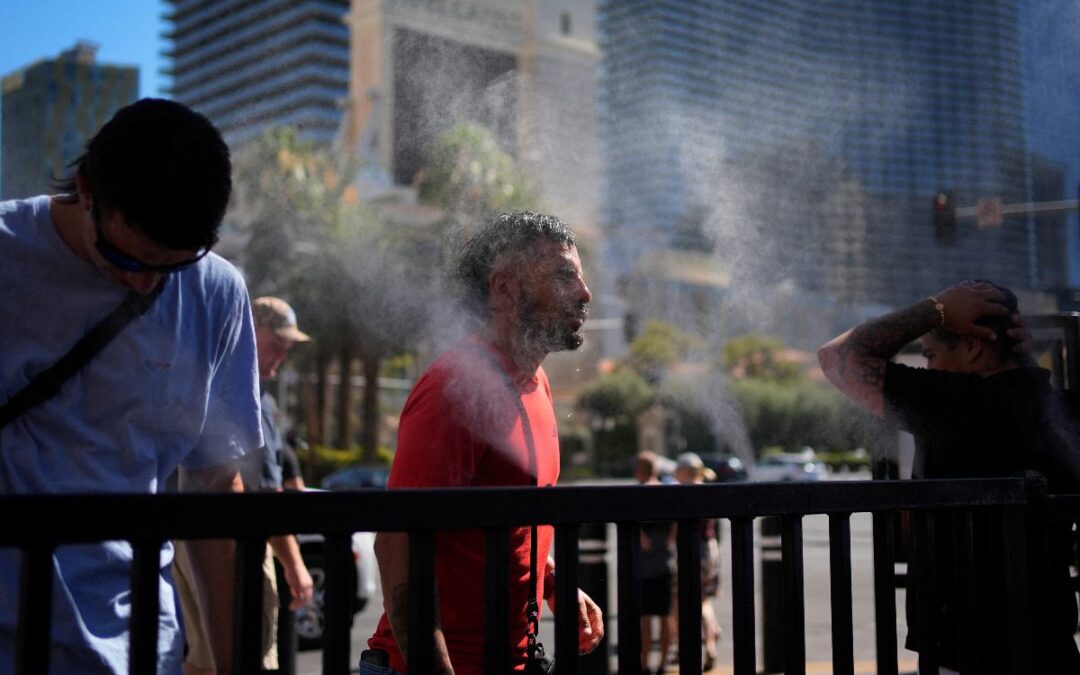
Proyecto de ley requeriría mejor protecciones del calor extremo en algunas ciudades de Nevada
Cinco ciudades de Nevada pronto podrían verse obligadas a tomar más medidas para ayudar a proteger a los residentes del calor extremo. Si el...
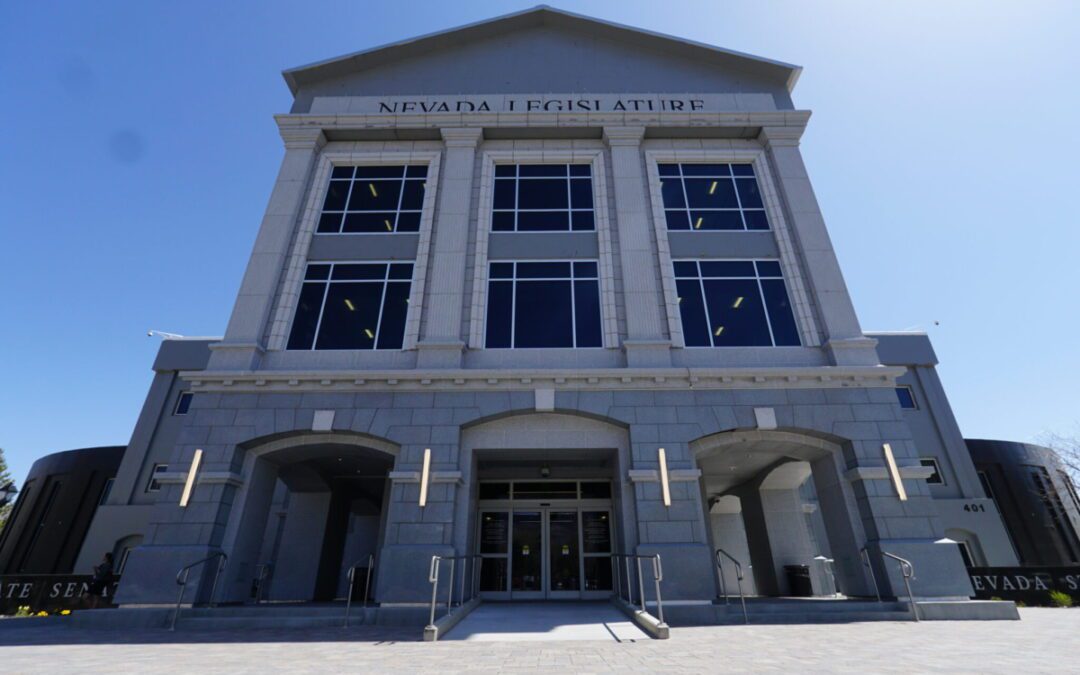
‘The outlook has deteriorated:’ NV revenue forecast nudges down, economists see signs of recession
By April Corbin Girnus, Nevada Current Nevada’s Economic Forum adjusted the tax revenue forecast down $191 million for the upcoming biennium,...
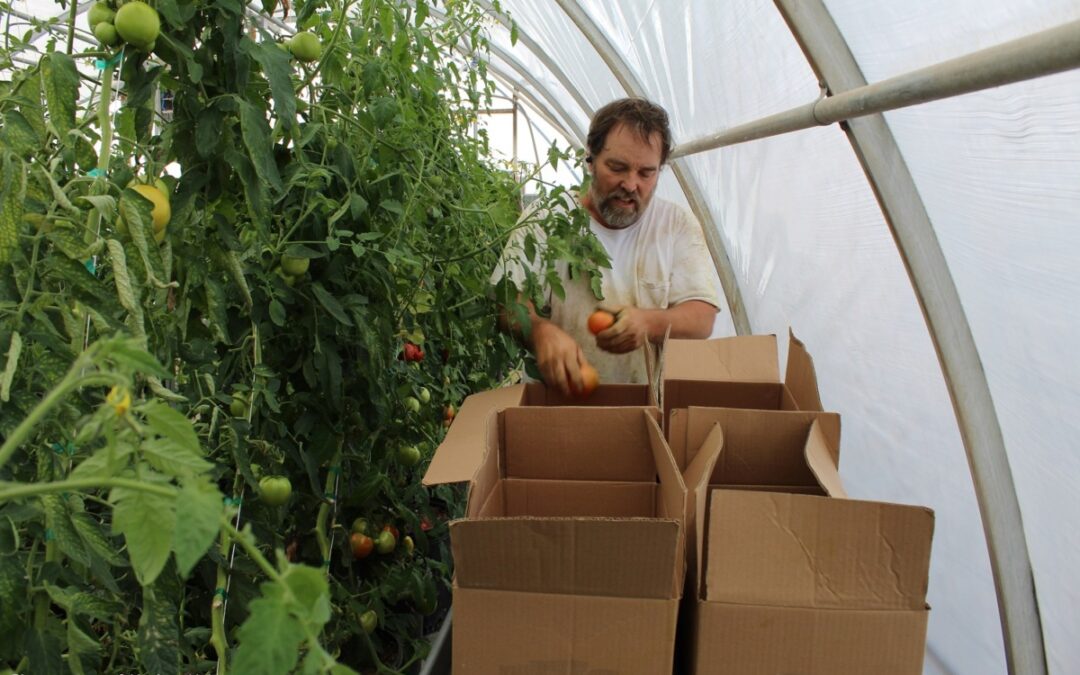
USDA cancels funding for popular locally grown food programs in Nevada
By Jeniffer Solis - Nevada Current The U.S. Department of Agriculture has axed two programs that gave Nevada schools and food banks more than $6...
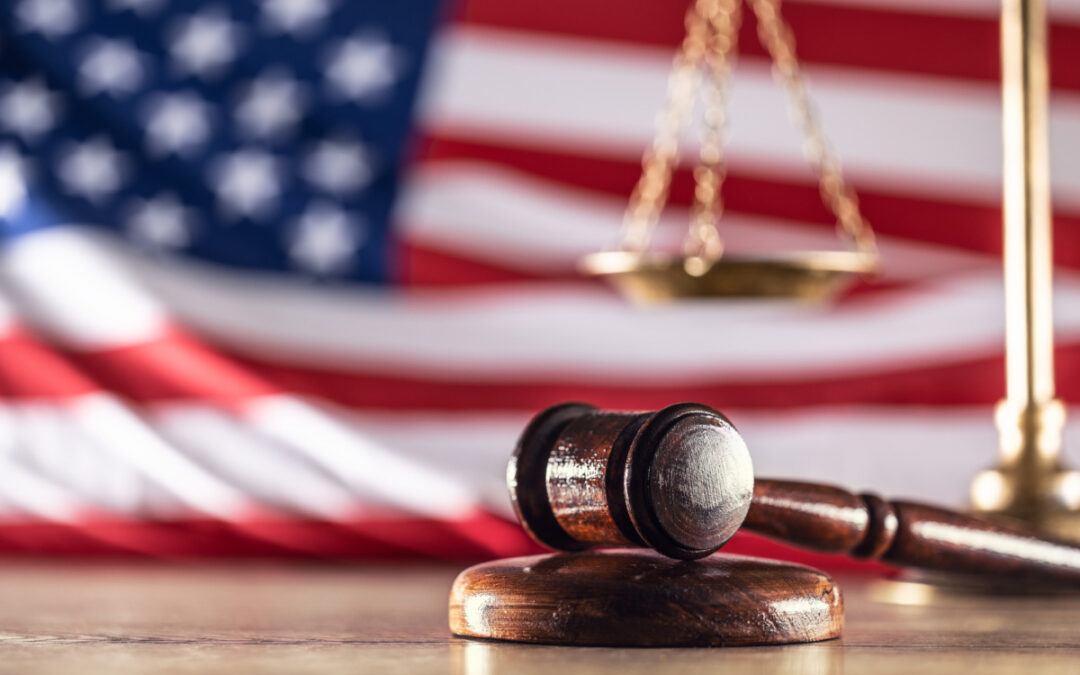
State bill would allow immigrant parents to designate legal guardians for kids if they’re deported
Assembly Bill 460 would create a legal process that authorizes a parent or guardian to pre-designate another person to act as a child’s primary...

Do you care about IVF access in Nevada? These senators have a plan to protect it.
A group of Nevada Democrats wants to protect in vitro fertilization (IVF) in the state—and they want to make it more accessible for people to get....





